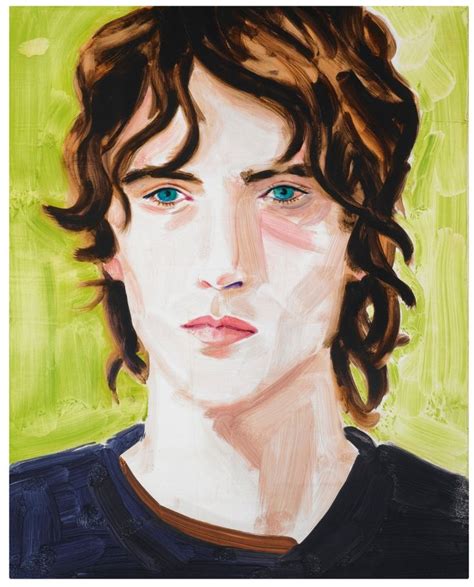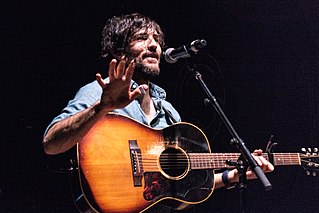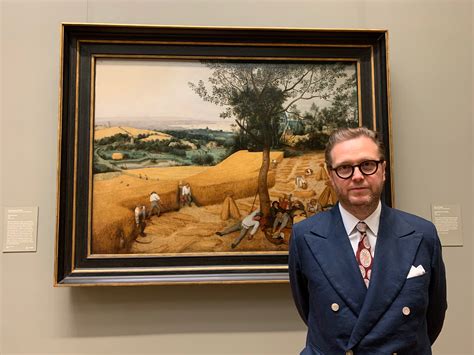A Quote by Fernando Pessoa
The end of lower art is to please, the end of average art is to raise the top, the end of superior art is to free.
Related Quotes
Art makes people do a double take and then, if they're looking at the picture, maybe they'll read the text under it that says, "Come to Union Square, For Anti-War Meeting Friday." I've been operating that way ever since - that art is a means to an end rather than simply an end in itself. In art school we're always taught that art is an end in itself - art for art's sake, expressing yourself, and that that's enough.
Warhol and other Pop artists had brought the art religion of art for art's sake to an end. If art was only business, then rock expressed that transcendental, religious yearning for communal, nonmarket esthetic feeling that official art denied. For a time during the seventies, rock culture became the religion of the avant-garde art world.
Stand-up is an art but since it's humor and it's funny - a lot of guys that don't think it's art are probably coming from the angle that they don't want to take it so seriously. I've always looked at it as an art but I don't look at it as a pretentious art. I understand it has to be taken lightly because it is just comedy in the end, but the good stand-up comics are someone with something to say.

































